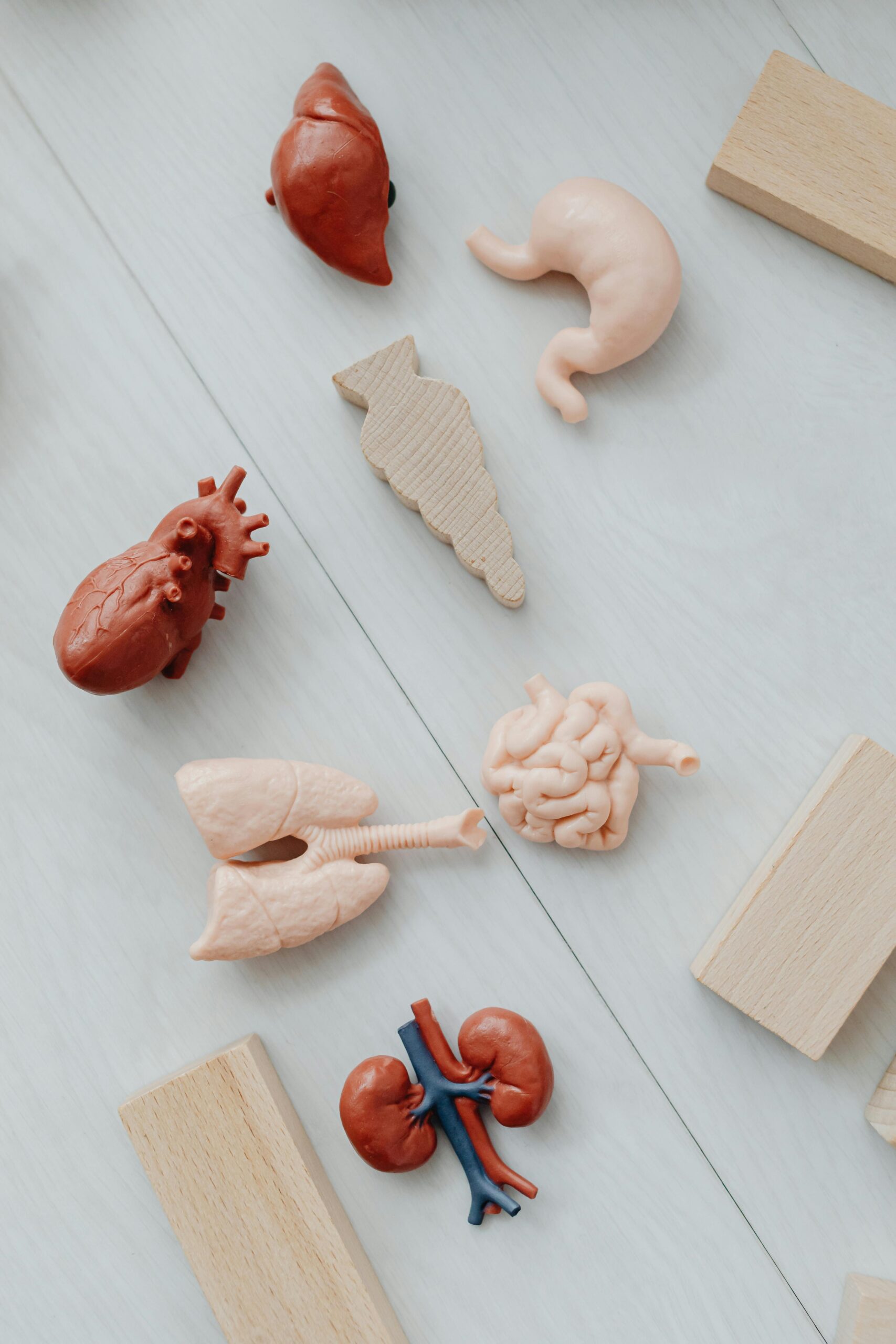For those who receive a kidney transplant, the journey doesn’t end with surgery. A constant worry remains: the body’s immune system attacking the new organ, a process known as rejection. But what if there was an early warning system, a way to spot trouble before it even becomes obvious? Groundbreaking research indicates the answer might lie in an unexpected place: the trillions of microbes living inside your gut. Scientists have uncovered a distinct “signature” within the gut’s microscopic community that appears to signal impending kidney transplant rejection, offering a powerful new avenue for early detection and potentially even prevention. This discovery opens the door to a future where preserving a transplanted kidney might be as simple as understanding your gut.
Unpacking the Gut-Kidney Connection
To understand this crucial connection, a team of researchers from prominent German medical centers embarked on a comprehensive study. Their aim was to track changes in the gut microbiome of kidney transplant recipients and see how these changes correlated with instances of organ rejection.
The study was part of a larger German initiative, the DZIF Transplant cohort, which covers a significant portion of all solid organ transplants in Germany. This broad scope helped ensure their findings were widely applicable. The researchers meticulously collected 562 stool samples from 245 individuals, most of whom (217) were kidney transplant recipients. They also included samples from kidney donors and patients awaiting transplants to provide a fuller picture.
Samples were gathered at various times: just before the transplant, at regular intervals in the first year after surgery, and whenever there was a suspicion of infection or rejection. This detailed timeline allowed scientists to observe how the gut microbiome changed over time. To analyze the bacteria, they used a method called 16S rRNA gene amplicon sequencing, which essentially reads the unique genetic fingerprints of different microbes in the samples. To zero in on what happened before rejection, they employed a clever statistical technique called “propensity score matching.” This helped them compare patients who experienced rejection with similar patients who didn’t, ensuring a fair comparison by accounting for factors like age, sex, and how long it had been since their transplant.
The Gut’s Early Warning System
The study’s findings were compelling. Initially, after a kidney transplant, the gut microbiome typically starts to recover and become more diverse, much like a healthy ecosystem. This recovery includes a rise in beneficial bacteria that produce short-chain fatty acids (SCFAs), which are known for their anti-inflammatory effects and role in immune regulation.
However, the most critical discovery was that before a kidney transplant rejection occurred, patients’ gut microbiomes showed a noticeable decline in diversity. This reduction was accompanied by a decrease in the types of bacteria that produce those important SCFAs. In contrast, bacteria commonly linked to chronic kidney disease, like Fusobacterium and Streptococcus, increased. This shift in the gut’s bacterial balance was not random. Further analysis revealed a reduced ability of the gut microbiome to produce SCFAs in samples collected before rejection.
Interestingly, after a rejection event, the gut microbiome tended to return to a state more similar to that of patients who didn’t experience rejection. This observation highlights a dynamic relationship where gut changes precede rejection and then adapt afterwards. The researchers also carefully considered other influences, like antibiotic use and viral infections, confirming that these gut changes were independently tied to the risk of rejection. The authors stated, “Our results suggest that the microbiome plays an important role in how the immune system reacts after a kidney transplant. This observation can help to identify the risk of transplant rejection at an early stage or perhaps influence it therapeutically.”
A New Path for Transplant Care
The implications of this research are substantial. The observed changes in the gut microbiome appear to not just be a consequence of kidney transplant rejection, but rather a potential precursor. This distinction is vital because it suggests these gut alterations could serve as early indicators, helping doctors identify patients at high risk of rejection much sooner. Moreover, this opens an exciting possibility for new, targeted approaches to prevent rejection, perhaps through dietary adjustments, specific probiotics, or other methods that influence the gut microbiome. Moving forward, maintaining a transplanted kidney might involve not only managing the immune system with medication but also nurturing the intricate ecosystem within our own bodies.
Paper Summary
Methodology
This prospective cohort study analyzed changes in the gut microbiome of 217 kidney transplant recipients from the multicenter DZIF Transplant cohort in Germany. Researchers collected 562 fecal samples over time (pre-transplant, 3, 6, 9, 12 months post-transplant, and during suspected events). Microbiome composition was analyzed using 16S rRNA gene sequencing, and propensity score matching was used to compare rejection and non-rejection groups before rejection. Functional capacities like short-chain fatty acid (SCFA) production were predicted and validated.
Results
The study found that gut microbiome diversity decreased significantly before kidney transplant rejection, alongside a reduction in SCFA-producing bacteria (e.g., Blautia, Clostridia). Conversely, bacteria linked to chronic kidney disease (Fusobacterium, Streptococcus) increased. Functional analysis showed a reduced potential for SCFA production prior to rejection. Post-rejection, microbiome features tended to normalize. These changes were independently associated with rejection risk.
Limitations
The study noted a higher rate of viral infections in the rejection group, although additional analyses confirmed the microbiome differences were independent of specific treatments. The reliance on predicted functional capacities was also mentioned.
Funding and Disclosures
The study was conducted as part of the German Center of Infectious Diseases (DZIF) Transplant cohort. Ethical approvals were obtained from all participating centers. The work adheres to the Declaration of Istanbul. The article is open access under a CC BY license.
Publication Information
Title: Gut microbiome alterations precede graft rejection in kidney transplantation patients Authors: Johannes Holle et al. Journal: American Journal of Transplantation DOI: https://doi.org/10.1016/j.ajt.2025.02.010 Accepted: February 12, 2025 Publisher: Elsevier Inc. on behalf of American Society of Transplantation
